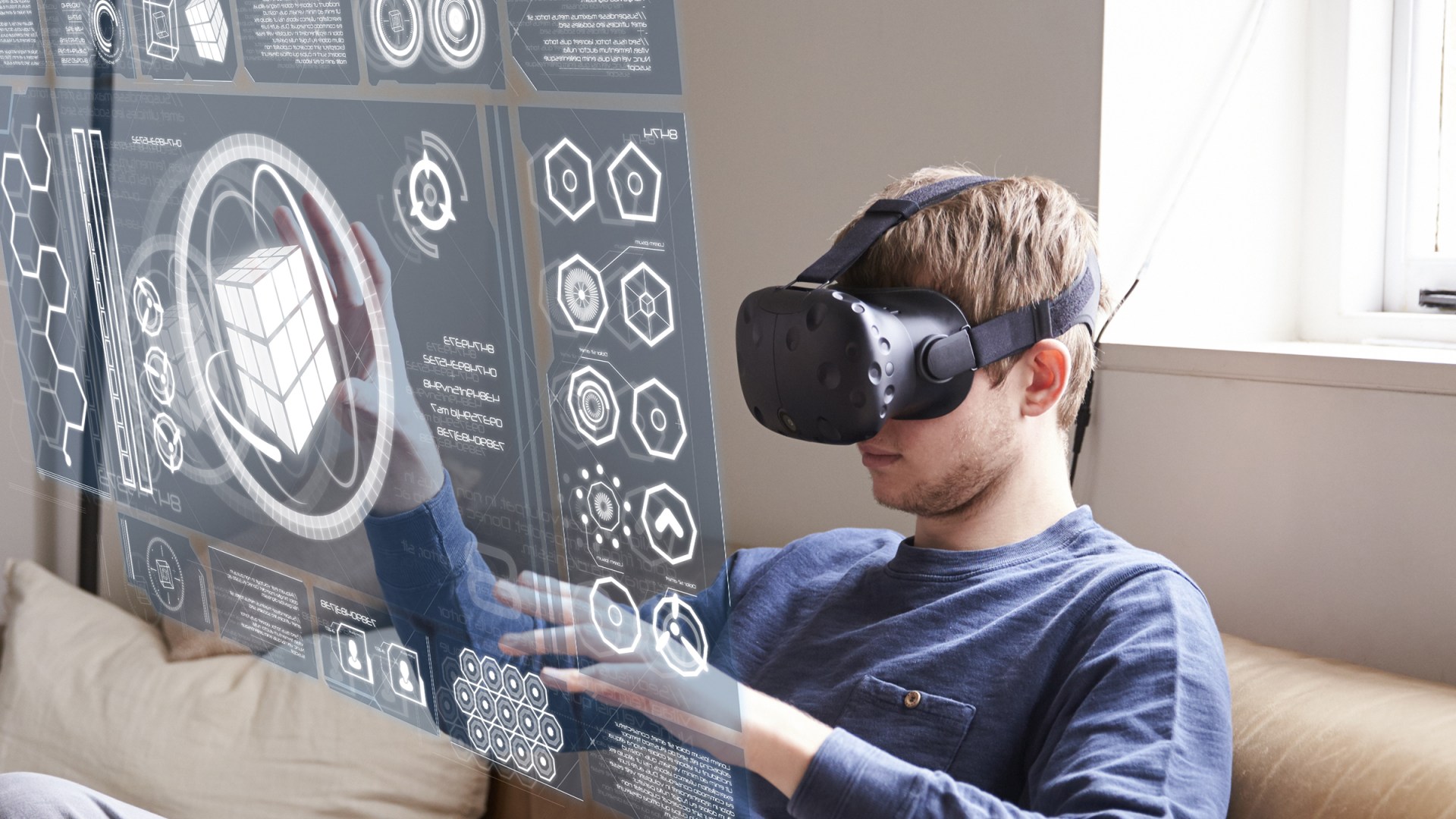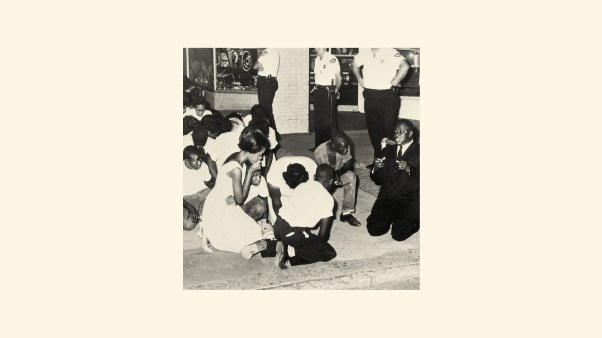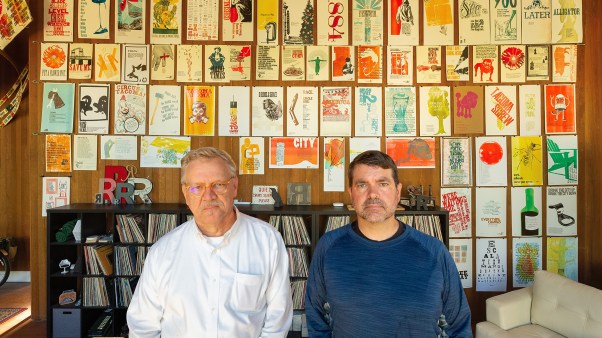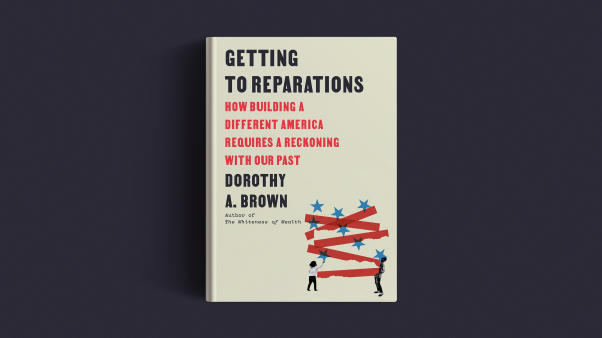The future arrived in a cardboard sleeve just before lunch on a rainy Wednesday morning. I don’t believe the delivery woman knew what she had in her hands—otherwise, she might not have dropped the parcel in a pile of soggy leaves and then vanished up the driveway with no more ceremony than a perfunctory rap on the door. I brought the future inside, followed the assembly instructions, and strapped it to my face. Moments later, I was yelping and flailing my legs as computer-generated seagulls flocked towards me on a stony cliffside in virtual reality.
The future is not as graceful as I imagined.
In the eyes of some industry observers, 2016 is the “year of virtual reality” for tech and entertainment. Three high-profile virtual reality (VR) consumer devices launched this year, each promising to deliver immersive visual and aural experiences that radically change the way we consume our media. Oculus Rift, Facebook’s $2 billion investment, released earlier this year, as did the Vive, produced by hardware manufacturer HTC and videogame developer Valve. Sony released its PlayStation VR accessory for the PlayStation 4 on October 13, which will likely be featured front and center in the electronics retail space this holiday shopping season. After decades of false starts and dashed hopes, it seems 2016 is the year that virtual reality technology leaves the shadows of geek pipedreams and enters the mainstream.
As I pondered my time kicking and screaming at imaginary coastal wildlife from my couch, a Tertullian-esque question arose in my mind: “What has Silicon Valley to do with Jerusalem?” In other words, why should believers care about this new wave of technology, and what are we to think of it? How do Christians, who are both consumers and creators of culture, react to this new medium?
Too Big an Opportunity to Miss
The simplest and most banal answer for why we should care is “ubiquity.” VR is set to go from a niche tech-curiosity to a living room staple. Despite some initial hiccups, some Wall Street analysts project that by 2020 VR will reach between $20 billion and $40 billion in sales. One VR developer I spoke with noted that some projections have the virtual reality industry becoming larger than the current film, music, and videogame industries combined. While that falls on the more optimistic side of predictions, it speaks to the tremendous expectations of just how far VR is poised to go.
In an essay for The Verge, Matthew Schnipper writes, “Imagine 10 years ago trying to envision the way we use cell phones today. It’s impossible. That’s the promise VR has today.”
With that in mind, it’s important for Christians to be prepared with a thoughtful, positive vision of what VR can do as a medium rather than be caught unaware and forced into a reactive and defensive position where we have nothing to offer but criticism. Drew Dixon, editor of Explore the Bible and editor-in-chief of Gamechurch.com, noted in an interview, “The more commonplace VR becomes the more it behooves Christians to understand it, engage it, and speak prophetically about it.”
The ‘Unknown God’ of VR
In God in the Gallery, art critic and historian Daniel A. Siedell turns to the apostle Paul’s journey to the Areopagus (Acts 17:16–34) as a model for embracing and interpreting cultural artifacts. Paul declared that the altar to the unknown god in fact pointed to the God of the Hebrew Scriptures, and he used this as an opportunity to preach the gospel. This pagan sculpture revealed something of God, although it required someone filled with the Holy Spirit to explain the truths the altar could only hint at. Likewise, Siedell sees the field of contemporary art as strewn with such altars to the unknown god. The whole earth is filled with God’s glory (Isa. 6:3), and the artifacts of our culture—even pagan ones—reveal some of that glory in their own way.
We already have the tools to help us interpret VR, and as Christians, we can engage with and enjoy VR knowing it ultimately points to Christ, the source of all that is good, beautiful, and true. Moreover, because we are intimate with Christ in whom all things hold together (Col. 1:17), we can recognize and communicate how this manmade object points to the Gospel.
I was struck by the possibility of using VR for personal devotions.
That isn’t to say the only VR experiences available now are secular and in need of Christian interpretation. There are already many Christians working with VR. One is Jon Collins, whose company, Kaio Interactive, released “Leave the Nest” for the Vive. Collins pointed out that there are a surprising number of Christians working in the games and tech industries, with most of them working at secular studios. These Christians serve not only as witnesses in their respective companies, but also shape the products being made. He added, “Just as any Christian in a secular role or even a ministry position needs the continued prayers of their brothers, we need to offer up prayers for our brothers [in the industry].”
Another developer is Alistair Clarkson, creator of “VR Church: Psalms,” an app for Samsung GearVR and Google Cardboard (both of which are cheaper, low-end VR platforms that use your smartphone placed in a headset). Clarkson, who previously worked on apps for musicians, first became intrigued by how God might use VR after experimenting with a developer version of Oculus Rift. “VR Church: Psalms” is inspired by Psalm 1 and places users in a tranquil setting surrounded by trees and water. Verses from the Psalms suspend in the air in front of their vision, and users read along by following the text with head movements.
I experimented with this app myself using Google Cardboard, and while I noticed some of the obvious limitations of the technology, I was struck by the possibility of using VR for personal devotions. These devices work by immersing the user’s senses of sight and sound entirely. We tend to gauge technology’s impact on our lives by its powers of distraction. However, because VR functions through submersion of the senses, it focuses attention rather than scatters it. For individuals who are easily distracted, need help establishing a habit of quiet devotion, or are in busy or noisy environments that inhibit quiet time, VR may have a fix. In particular, as smartphones improve their VR experience (and the headsets become more portable and stylish), applications like Clarkson’s may provide a practical way to actually limit distraction and engage in private prayer and worship.
VR’s Opportunities May Lie in Its Limitations
Despite its potential, the limitations of VR are many. One obvious limitation is the need for extremely high-resolution displays and powerful processors, as well as the clumsiness of current motion trackers. My own experience with VR was plagued by this limitation: My phone just isn’t powerful enough for a good VR experience. But this will gradually be overcome as the technology and software improves.
Other issues, like the unfortunate fact VR can and will induce serious nausea in some situations, are simply inherent in the technology. When the eyes tell the brain you are zooming through the sky above Paris, but your body insists you are still standing in your living room, vertigo sometimes results. Further, some eye disorders can make using VR all but impossible. For all our advances in science, physiology remains stubborn. Nausea, of course, does not happen immediately or in all situations, but the very nature of the human body limits the extent of our VR excursions.
In fact, if anything, the nature of VR depends on our understanding that it is all an illusion. In an article for The Atlantic, games critic and academic Ian Bogost points out that a common way to address the problem of nausea in VR is give the user a “virtual nose,” a fixed point of reference like a cockpit or space helmet that trains the eye and effectively helps tether the user’s real body to their virtual one. As a side effect, the user becomes more aware of the simulation. The programming tricks designed to keep you from vomiting also force you to recognize that you have stepped into someone else’s shoes rather than having been bodily transported to another world. Thus, rather than being about an escape to an isolated, solipsistic pleasure land (or an isolated, solipsistic hell), VR is really about entering into the experience of another.
Embodying the Experience of the Other
Herein lies the greatest potential of virtual reality: not as an escape from the world, but an avenue for seeing it from another perspective. It is in VR’s possibility of empathy where we find its ultimate beauty and power.
VR does not allow for a user to become lost in their own world. Because of inherent limitations, VR makes the user all too aware of the disconnect between the virtual and the real. This certainly will frustrate and disappoint those looking to escape into sexual or power fantasies. In the end, VR can only remind you of your personal helplessness and inadequacies.
But what if this is the point? Imagine a VR film, documentary, or game that places the user in a situation wherein simple decency demands action but you are powerless to help. A car wreck. A lost child. A bereaved woman. A lonely elder in a hospital bed. You have no option but to enter into and witness their suffering. You are stripped of agency. The very best of film and literature helps carve out more room in our imagination and our soul for others. VR—with its inescapable frustration of fantasy and reminders of powerlessness—has the potential to do the same.
VR’s value is in its tendency to make the user starkly aware of the gulf between the virtual and the real.
Palmer Luckey, the founder and designer of Oculus, made waves earlier this year when he suggested that VR technology could be used by the poor to escape the miseries of the real world. While his comments were dismissed by some other developers in the field as youthful fancy, Luckey’s words are reminiscent of the ancient heresy of Gnosticism, which taught that the material world was evil and salvation is achieved by transcending beyond the material to the spiritual. However, as we have seen, the idea that VR can replace reality is only a pipe dream. Rather, VR’s value is in its tendency to make the user starkly aware of the gulf between the virtual and the real.
Keith Lango is an animator and filmmaker who’s worked on several of Valve’s most popular videogames. “Rather than use [VR] to escape the physical constraints in a gnostic ecstasy, you use it to cope, alter, and improve the physical body and its unfortunate pathologies,” he said in an interview. “It's a much more incarnational approach. And as Christians that's our calling: to dive deep into the limitations of the physical creation, welcome them, wear them, accept them so as to love each other and bring redemption to a creation that was intended for so much more than this.”
Christ himself experienced the limitations of physical creation. He experienced spiritual anguish and physical torture. He surrendered his power on the cross. He calls us to follow his example (Mark 8:34), and our media consumption habits aren’t exempt from that calling. With VR, we have the opportunity to give up our own power and agency and embody the experiences of another person, to suffer with them. Experiences like “Surviving Syria,” a VR documentary produced by WorldVision that follows refugees fleeing the region’s ongoing civil war, force us to witness the hardship of others and recognize our own powerlessness to address it. Obviously, strapping on a headset and watching a film is not the same as enduring physical pain. It is, however, an act of surrendering the self for the sake of another, a valuable exercise in itself.
We are shaped by more than our life experiences. Our media, whether television, film, or literature, also shapes us, and under the right circumstances, can help us become more Christlike. VR is now poised to join the ranks of traditional forms of media, and we must be aware of its potential. It can help us engage empathetically by stepping into someone else’s experience. Paradoxically, VR’s greatest potential is not that it can help us escape suffering, whether to some gun-toting power fantasy or to an imaginary, seagull-ridden shoreline. Rather, VR’s true strength is that with it we can perhaps suffer more easily.
Chris Casberg is a former Marine Corps translator and a graduate of the University of North Carolina at Chapel Hill. His writing on faith and videogames has appeared in The Gospel Coalition, Christ & Pop Culture, Gamechurch, and more.









